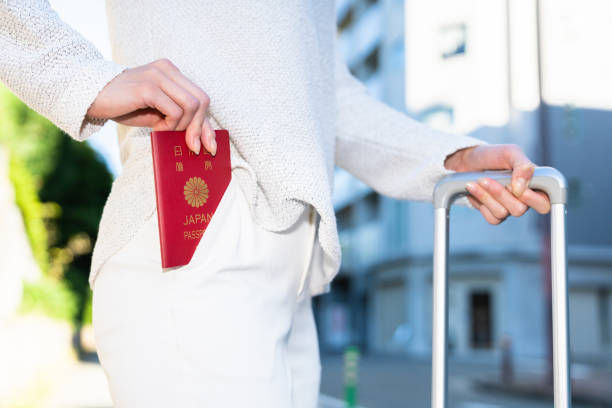Safety Tips
Personal Safety Precautions: How to Protect Yourself While Traveling
Traveling can be an exhilarating experience, but it’s important to prioritize your personal safety to ensure a smooth and enjoyable trip. From preparing before you leave to staying vigilant while on the road, taking the right precautions can help you avoid potential risks and handle unexpected situations effectively. Here are key personal safety precautions to keep in mind while traveling:
1. Plan Ahead and Stay Informed
- Research Your Destination: Before you travel, gather information about your destination, including local customs, safety concerns, and any travel advisories. Understanding the local culture and potential risks will help you navigate your trip more safely.
- Create an Itinerary: Share your travel plans with family or friends, including your accommodation details, transportation arrangements, and any planned activities. This ensures that someone knows where you are in case of an emergency.
2. Secure Your Documents and Valuables
- Keep Documents Safe: Use a travel wallet or money belt to keep your passport, visa, and other important documents secure. Store copies of these documents separately in case they are lost or stolen.
- Use a Hotel Safe: When staying in accommodations with safes, store your valuables, including cash, electronics, and jewelry, in the safe when not in use.
3. Be Aware of Your Surroundings
- Stay Alert: Always be aware of your surroundings, especially in crowded or unfamiliar areas. Avoid distractions, such as looking at your phone or carrying large amounts of cash, that could make you more vulnerable to theft or scams.
- Blend In: Dress modestly and avoid displaying expensive items or gadgets that could attract unwanted attention. Try to blend in with the local population to avoid appearing as a tourist.
4. Use Reliable Transportation
- Verify Transportation: Use reputable transportation services, whether it’s taxis, rideshares, or rental cars. Verify driver credentials and vehicle details before getting in, and avoid accepting rides from strangers.
- Keep Valuables Close: When using public transportation, keep your belongings close and be cautious of pickpockets. Use a cross-body bag or money belt to secure your valuables.
5. Practice Safe Accommodation Habits
- Check Security: Ensure that your accommodation has secure locks on doors and windows. If staying in a hotel, use the peephole or chain lock before opening the door.
- Know Your Exits: Familiarize yourself with the emergency exits and evacuation routes in your accommodation. Knowing how to quickly exit in case of an emergency can be crucial.
6. Avoid Risky Situations
- Limit Night Travel: Avoid traveling alone at night, especially in unfamiliar or poorly lit areas. Stick to well-populated areas and use reputable transportation if you need to travel after dark.
- Trust Your Instincts: If something doesn’t feel right, trust your instincts and remove yourself from the situation. Whether it’s avoiding certain areas or declining offers from strangers, prioritizing your safety is essential.
7. Stay Connected
- Maintain Communication: Keep in touch with family or friends regularly. Share updates on your whereabouts and any changes to your plans. Consider using a local SIM card or an international phone plan to stay connected.
- Emergency Contacts: Have a list of emergency contacts, including local emergency services, your country’s embassy or consulate, and any local friends or contacts.
8. Protect Your Health
- Follow Health Advisories: Stay informed about any health risks or advisories related to your destination. Follow recommendations for vaccinations, hygiene, and food and water safety.
- Carry Essentials: Bring a basic first-aid kit, any necessary medications, and hand sanitizer. Be prepared to handle minor health issues or emergencies on your own.
9. Secure Your Digital Information
- Use Strong Passwords: Protect your online accounts with strong, unique passwords. Avoid accessing sensitive information, such as online banking, on unsecured public Wi-Fi networks.
- Enable Security Features: Use features like two-factor authentication for added security on your accounts. Consider using a virtual private network (VPN) to secure your internet connection.
10. Know Emergency Procedures
- Learn Local Emergency Numbers: Familiarize yourself with local emergency numbers and procedures for medical emergencies, police, and fire services. Having this information readily available can be crucial in a crisis.
- Have a Plan: Have a clear plan for what to do in case of an emergency, including how to contact local authorities, where to go for help, and how to reach your embassy or consulate if needed.
Conclusion
By taking these personal safety precautions, you can significantly reduce the risks associated with traveling and focus on enjoying your trip. Preparation, awareness, and vigilance are key to ensuring your safety while exploring new destinations. With these measures in place, you’ll be well-equipped to handle unexpected situations and make the most of your travel experience. Safe travels!

